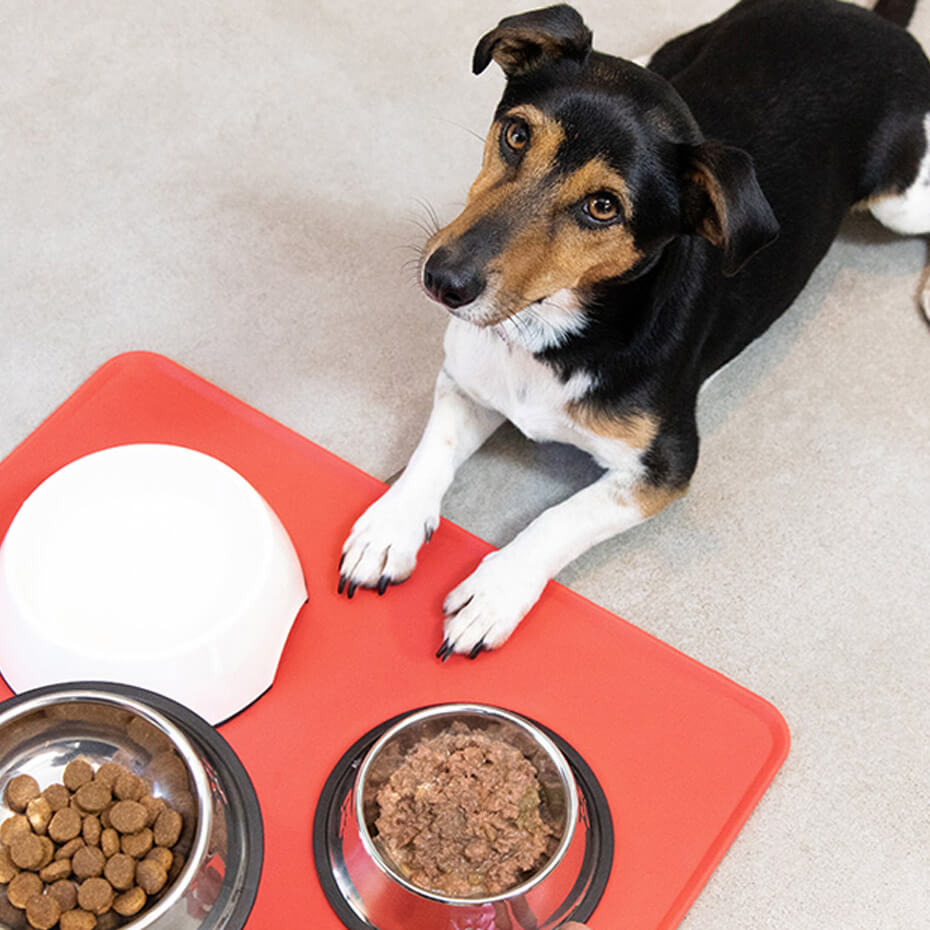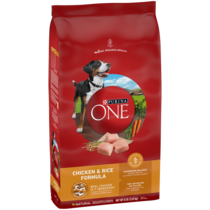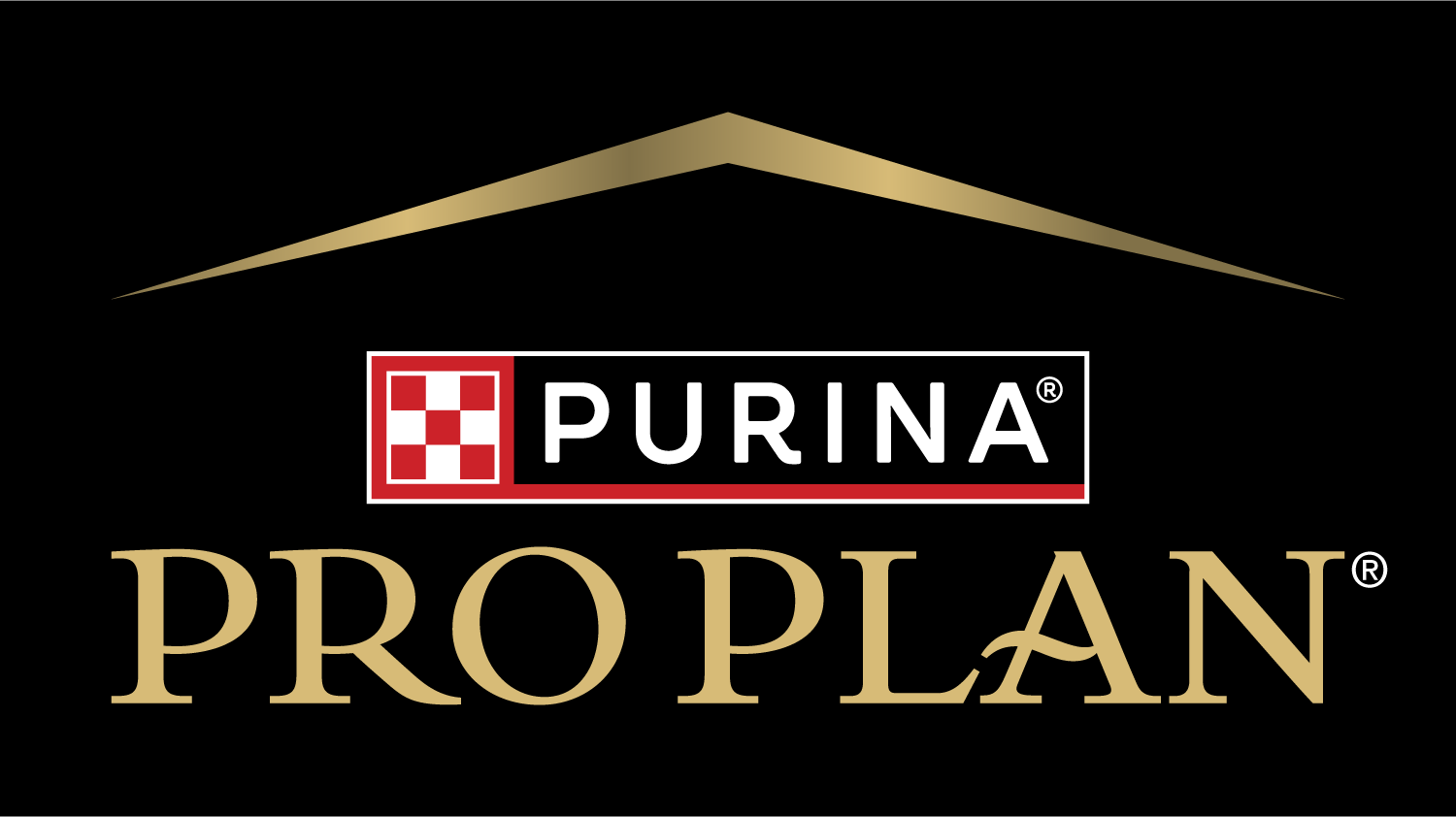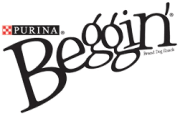
Good for Your Dog, Good for You
Exercise is just one part of giving your dog a more stimulating, rewarding life. It starts with more time at the park and less time on the couch. Activity is essential for warding off obesity, and it helps keep you in shape, too. You’ll find that the time you spend on the move together can strengthen the bond you share with your dog.
Guidelines for Productive Play
We believe play isn’t just fun – it’s productive! To make playtime mean more, think of your dog’s natural talents, like his advanced sense of smell and predatory instincts, and encourage them.
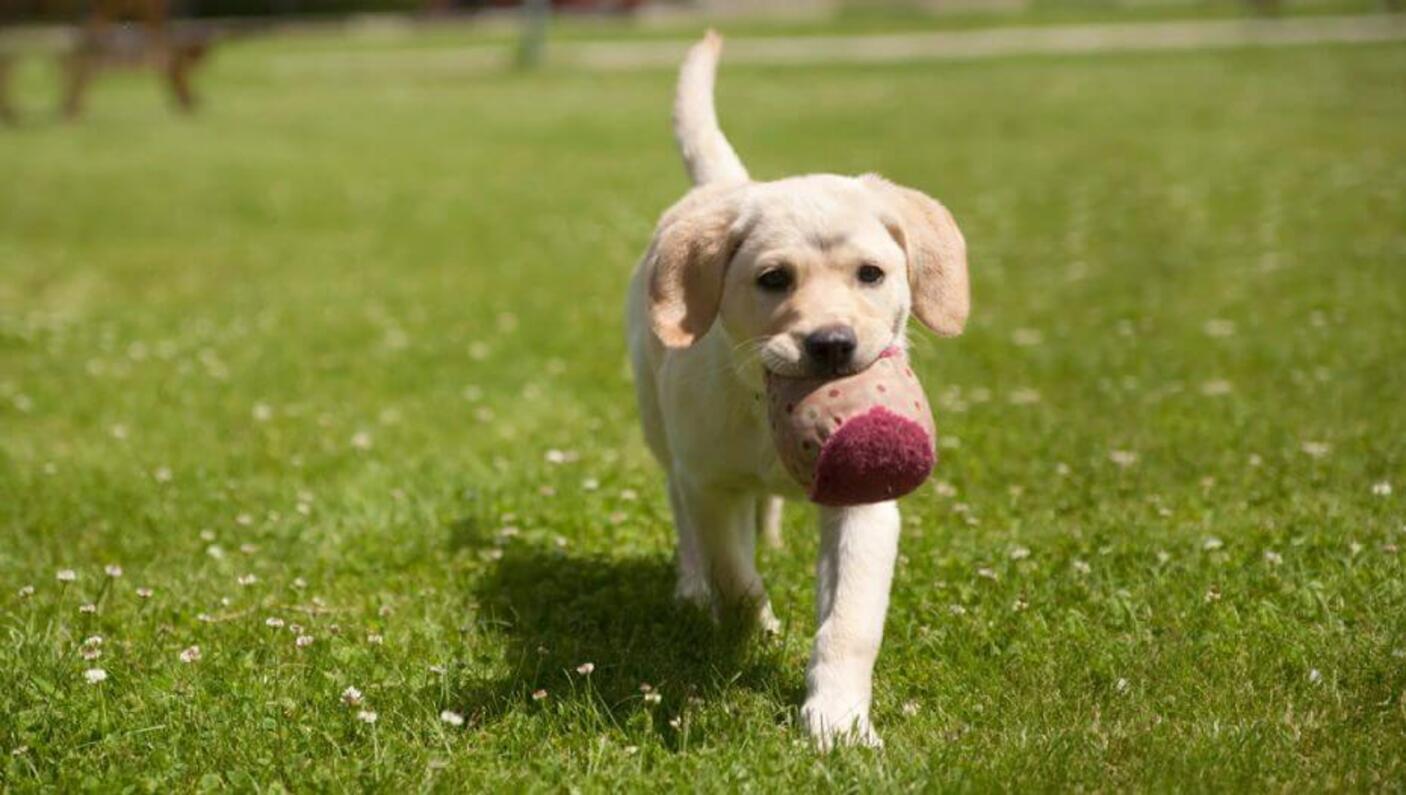
Enrichment vs. Stress
A session of purposeful play can introduce your dog to novelty and enrichment, like new smells, a variety of new textures, or new toys that can offer him unique and beneficial challenges when they’re not presented in an overwhelming manner. In addition, providing safe access to the sights, sounds and smells of the outdoors may stimulate a dog in a positive way.
Usually play is beneficial although play that’s too aggressive or that lasts for too long can lead to overstimulation. A good tip is to end a play session while your dog is still having a great time. This leaves him excited for his next session, rather than exhausted.
Play and Socialisation
In many shelters, a big part of getting dogs and puppies ready for the adoption floor is having volunteers and staffers play with them. That’s because play – even something as simple as fetch – helps socialise dogs and gives them positive associations with people. When it comes to socialising your dog with other dogs, proceed with caution. Puppies usually love to be around other puppies, but some adult dogs that haven’t been socialised adequately at an earlier age may find the pressure to play with other dogs stressful. If you bring your dog to a place full of other dogs, at first it may be best to keep him close to you and reward him for sitting quietly while other dogs pass by. Remember, playing with other dogs should be fun for your dog, so if your dog exhibits signs of stress, it may be best to enjoy some other activities.
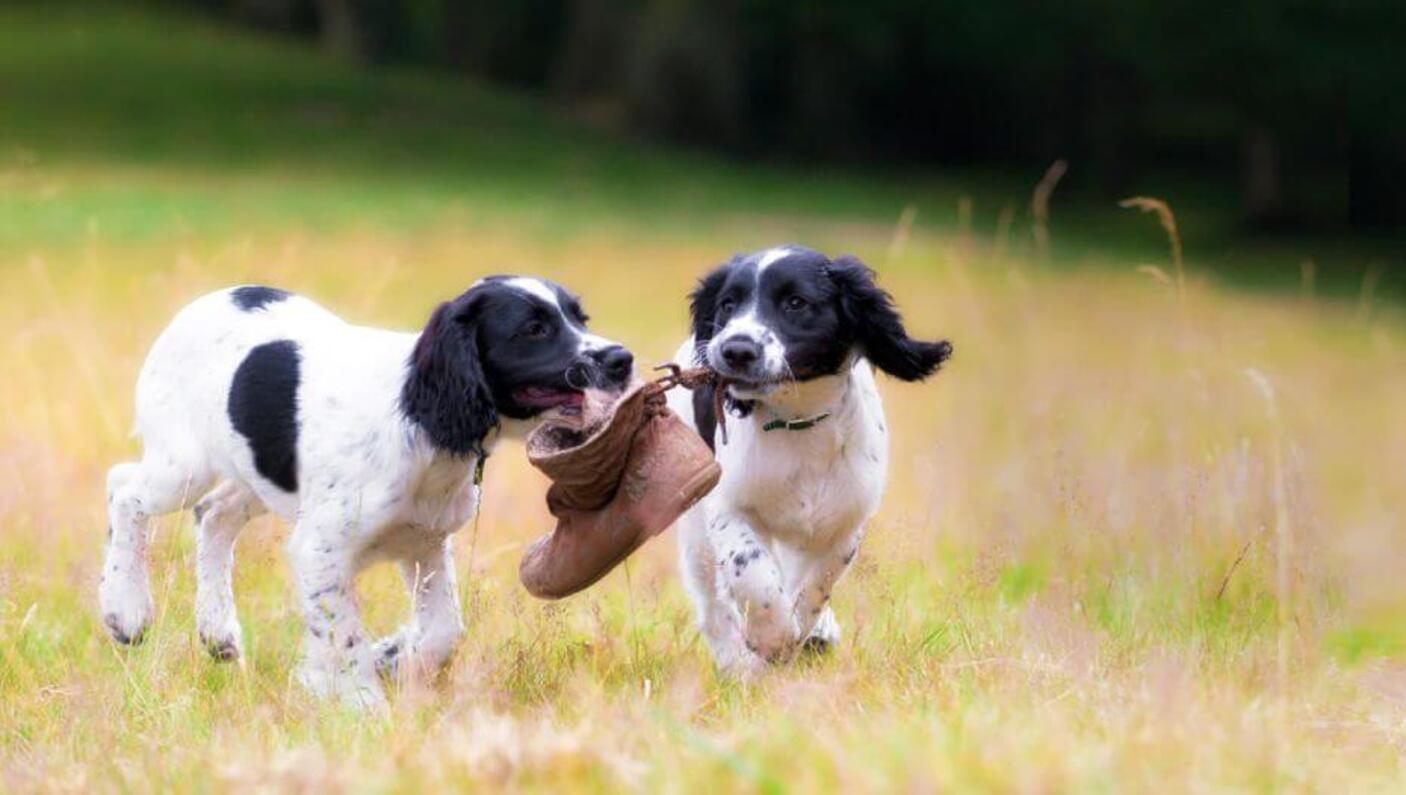
Remember: Keep Your Dog's Age, Size and Health in Mind
As you exercise with your dog, consider his needs and present physical condition. Leisurely walks may be best for an older dog, while a young dog is more likely to have ample energy for something more vigorous.
If your dog has more energy to expend than you do, teach him to fetch a ball or a flying disc. The activity may be just right for you and a challenging exercise for your dog.
If, for whatever reason, you have not exercised your dog regularly and decide to launch a regular exercise programme, go slowly at first. Begin with short periods of activity at slow speeds and gradually increase the time, speed and distance of the exercise.
Game Ideas
HIDE THE TREAT
Explore just how powerful your dog’s sense of smell is by hiding a treat in a place in your house that’s difficult to get to. Leave a trail of scent by rubbing the treat on a few spots along the way. You can also buy toys that let you put a treat inside and prompt your dog to figure out how to get it out. This problem-solving task is good for stimulating your dog’s mind.

